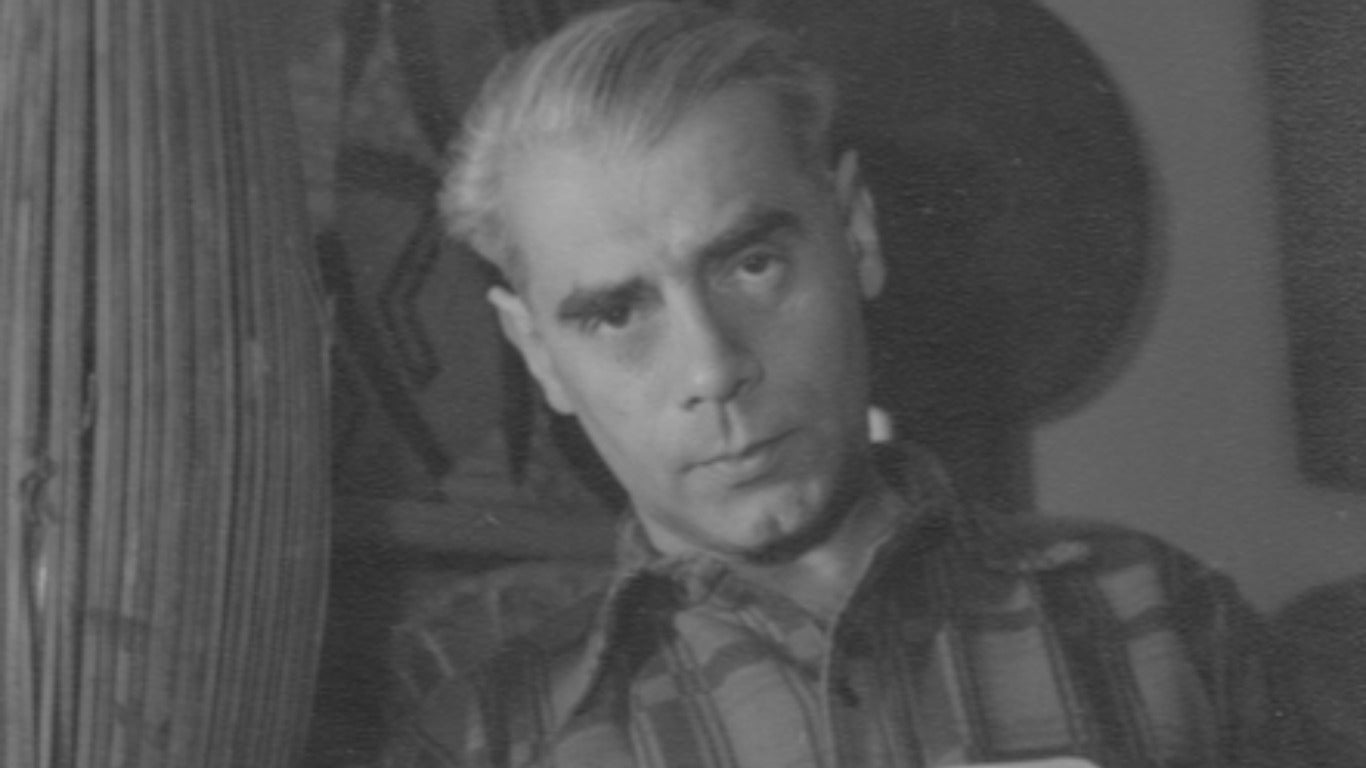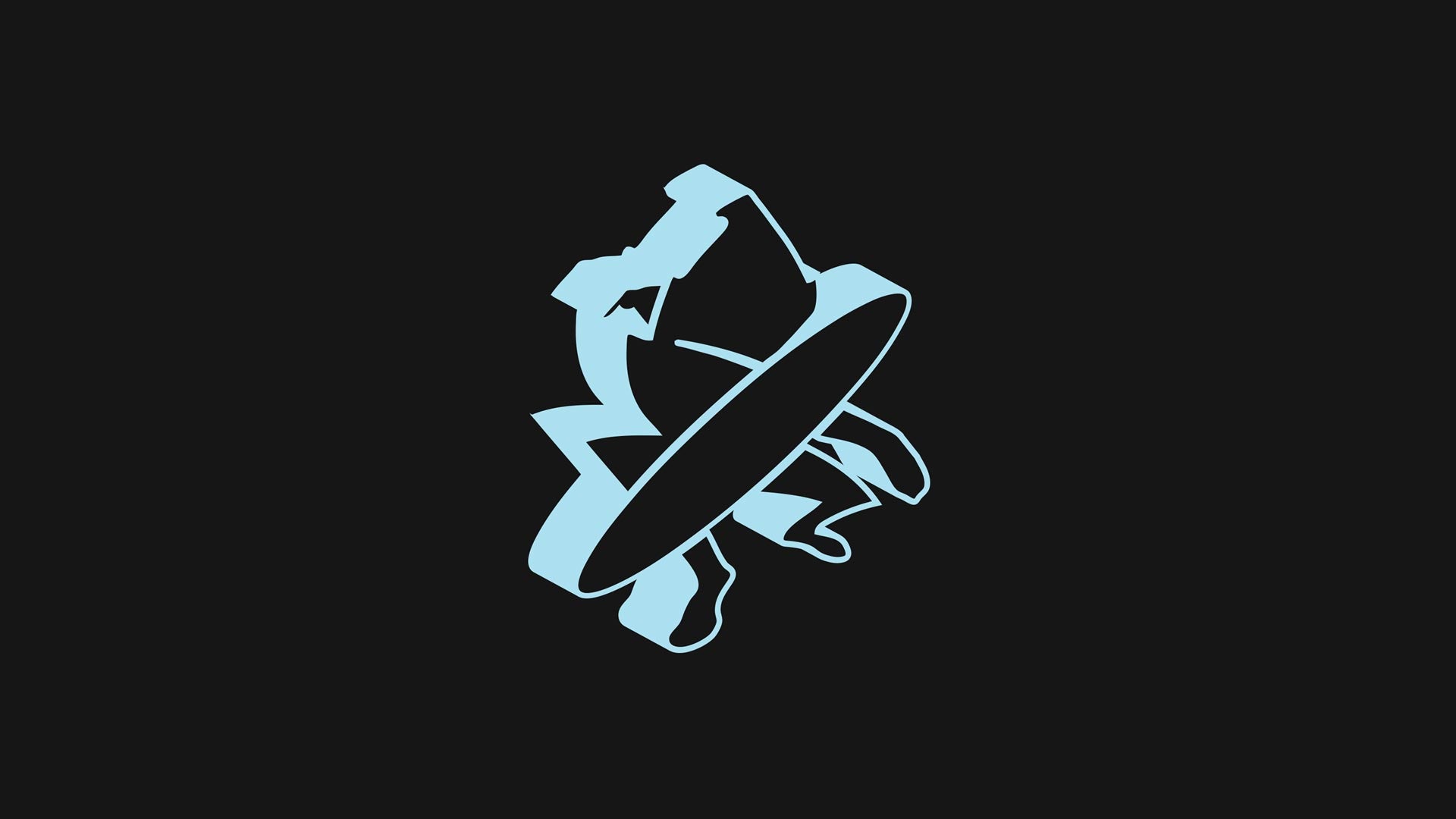Meet Walter Kaufman: The Man Who Composed The Iconic AIR Title Track

Walter Kauffman, who composed the SIGNATURE TUNE of Akashwani, was one of the many Jewish refugees who found a safe haven in India from Nazis. He moved to India and worked as a director of music at the All India Radio in Bombay from 1937 to 1946.

Walter Kaufmann was an ethnomusicologist, composer, conductor, librettist and teacher. He escaped Europe for Bombay (now Mumbai) in 1934 and researched Indian, Chinese and Tibetan music. Kauffman founded the Bombay Chamber Music Society along with others like Mehli Mehta and incidentally, it was Kaufmann who taught Mehli's son Zubin Mehta.
For an entire generation, the radio and the All India Radio hold a very cherished place. I remember my grandfather tuning it each evening and listening to the news. My mother tells me stories of how she and her sister would huddle around the device to hear the latest songs.
What strings all these memories together is the signature tune that would play at the break of dawn. Based on Raag Shivaranjini, the lilting violin notes playing in the background of a tambura evokes a sense of nostalgia – almost eight decades since its composition. While millions are familiar with the tune, few are aware that it was created by the most improbable source – a Czech Jewish refugee fleeing the Nazis in Europe!

Kaufmann was no ordinary musician. He was born in 1907 in Karlsbad in the former Czechoslovakia and in 1930 graduated from the Staatlich Hochschule für Musik in Berlin.
Kaufmann arrived in India in February 1934 and ended up staying for 14 years. Within a few months of landing in Mumbai, Kaufmann founded the Bombay Chamber Music Society, which performed every Thursday at the Willingdon Gymkhana. At the performance pictured here, Kaufmann is at the piano, Edigio Verga is on cello and Mehta – the father of Zubin Mehta – is playing the violin. (Mehta is believed to be the violinist of the AIR tune too.)

By May 1937, the Society had given 136 performances of works by old masters and modern composers. “Membership of the Society is open to all music lovers,” The Times of India reported. Full membership cost Rs 15 a month, but students, working women and missionaries could attend all concerts for only Rs 5 a month.

Kaufmann’s stint at AIR from 1937 to 1946 gave him the opportunity to learn from some of India’s greatest classical musicians. It also allowed him to observe some of their quirks.
In addition to his job at AIR, Kaufmann worked for Bhavnani Films and for Information Films of India. He also lectured at Sophia College. Among his pieces with an Indian flavour was Anasuya, which made its debut in 1939. It was described as “India’s first radio opera”.
Read more: How Chicago Radio Marked Several Milestones In Indian History






Comments